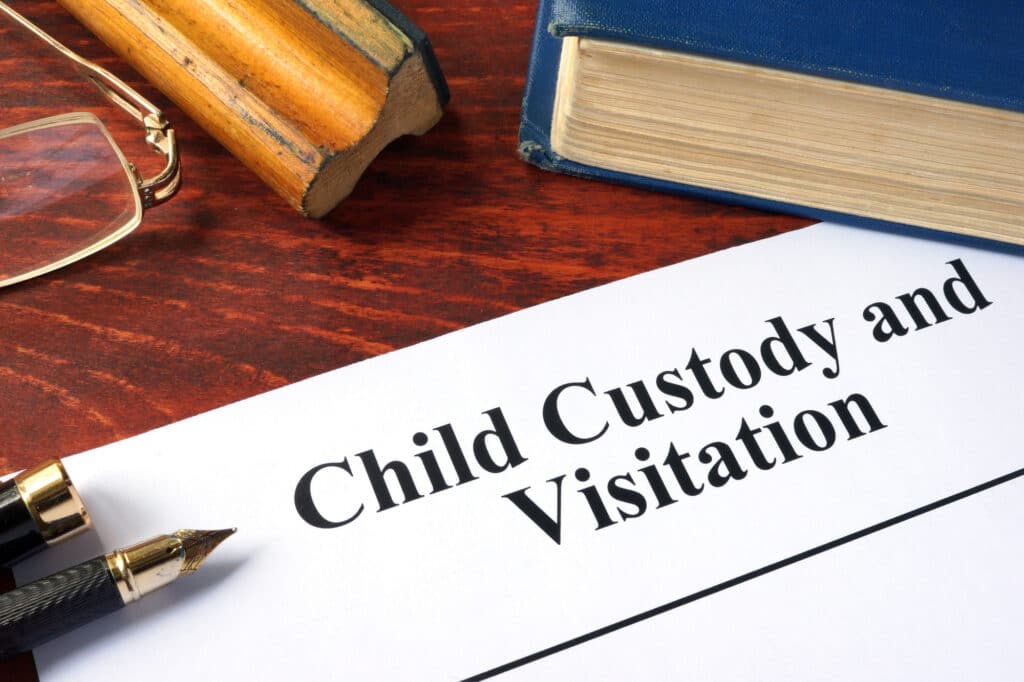Navigating North Carolina’s custody laws is challenging for parents due to their complex nature. The state’s legal framework for determining child custody is intricately structured to prioritize the child’s welfare above all. It involves assessing various factors to ensure that custody arrangements align with the child’s physical, emotional, and educational needs, ensuring their best interests are always at the forefront.
This comprehensive guide aims to shed light on the key aspects of North Carolina custody laws, helping parents understand their rights and responsibilities.
The Essence Of Custody In North Carolina
In North Carolina, child custody matters are primarily focused on ensuring the well-being and safety of the child. The courts consider various factors to determine what arrangement best serves the child’s physical, emotional, and educational needs. These factors may include the parents’ ability to care for the child, their relationship with each parent, and any history of domestic violence.
In addition, it’s important for parents to understand the distinction between physical and legal custody. Physical custody pertains to the child’s residence. In contrast, legal custody refers to the right to make important decisions about the child’s upbringing, which includes health care, education, and religious training.
Joint Custody: A Collaborative Approach
North Carolina law encourages parents to work together to establish a parenting plan that serves the best interests of the child. This collaborative approach often leads to arrangements of joint custody, where both parents share responsibilities and decision-making authority for the child. Joint custody arrangements can vary widely. In some cases, parents share physical custody equally. In others, one parent may have significant decision-making authority, but both retain shared legal custody.
When parents are unable to reach an agreement on their own, the court may intervene. In this case, a custody lawyer can provide invaluable assistance during this process by offering guidance on legal rights and helping navigate the complexities of the court system.
Seeking Sole Custody
Seeking sole custody is a significant legal step. A parent might pursue this when they believe the other cannot provide a safe and nurturing environment. This can arise from concerns about the other parent’s ability to make sound decisions, substance abuse issues, history of violence, or neglect. When petitioning for sole custody, a parent must present compelling evidence. This evidence must justify why the arrangement benefits the child more than the default shared parenting preference.

The court rigorously examines such requests. This ensures decisions about sole custody prioritize the child’s health, happiness, and need for stability and protection.
The Role Of Mediation In Custody Disputes
In North Carolina, mediation serves as a pivotal first step in amicably resolving custody disputes outside the courtroom. This process involves a neutral mediator who facilitates discussions between parents, guiding them towards a mutually acceptable agreement on custody and visitation rights. The confidential nature of mediation ensures a safe space for open dialogue, minimizing conflict and emotional stress.
By fostering a spirit of cooperation, parents can lay the groundwork for a collaborative parenting relationship post-separation or after the divorce. With mediation, they can significantly reduce the time, financial burden, and adversarial nature often associated with court proceedings, benefiting both the parents and, most importantly, the child.
Modification And Enforcement Of Custody Orders
Custody orders aren’t set in stone. As children grow and circumstances change, modifications may be necessary to accommodate new needs and lifestyles. To modify a custody order, the requesting parent must demonstrate a substantial change in circumstances that affects the child’s welfare.
Enforcing a custody order is crucial when one parent fails to adhere to the terms set forth by the court. In such cases, the aggrieved parent can seek the court’s intervention to ensure compliance. Penalties for violating custody orders can range from additional visitation time to compensate for missed visits to more severe legal consequences.
Protecting The Child’s Interests
In North Carolina, the paramount concern in custody cases is the safeguarding of the child’s interests, encompassing their health, safety, and overall well-being. The judicial system meticulously evaluates the child’s preferences, factoring in their age and level of maturity to ascertain their genuine desires and needs. This careful consideration ensures that any custody arrangement devised is tailored to foster the child’s optimal development.
The court’s dedication to upholding the child’s best interests above all else serves as a guiding principle, ensuring that decisions are made with the aim of providing a stable and nurturing environment for the child’s growth and happiness.
Takeaway
Navigating the intricacies of North Carolina custody laws requires a comprehensive understanding of legal principles and a commitment to the child’s best interests. Whether through joint custody arrangements, mediation, or court intervention, the goal remains the same: to provide a stable, nurturing environment for the child. Parents facing custody issues are encouraged to seek the guidance of a knowledgeable lawyer to navigate the legal process effectively and advocate for the best possible outcome for their child.

